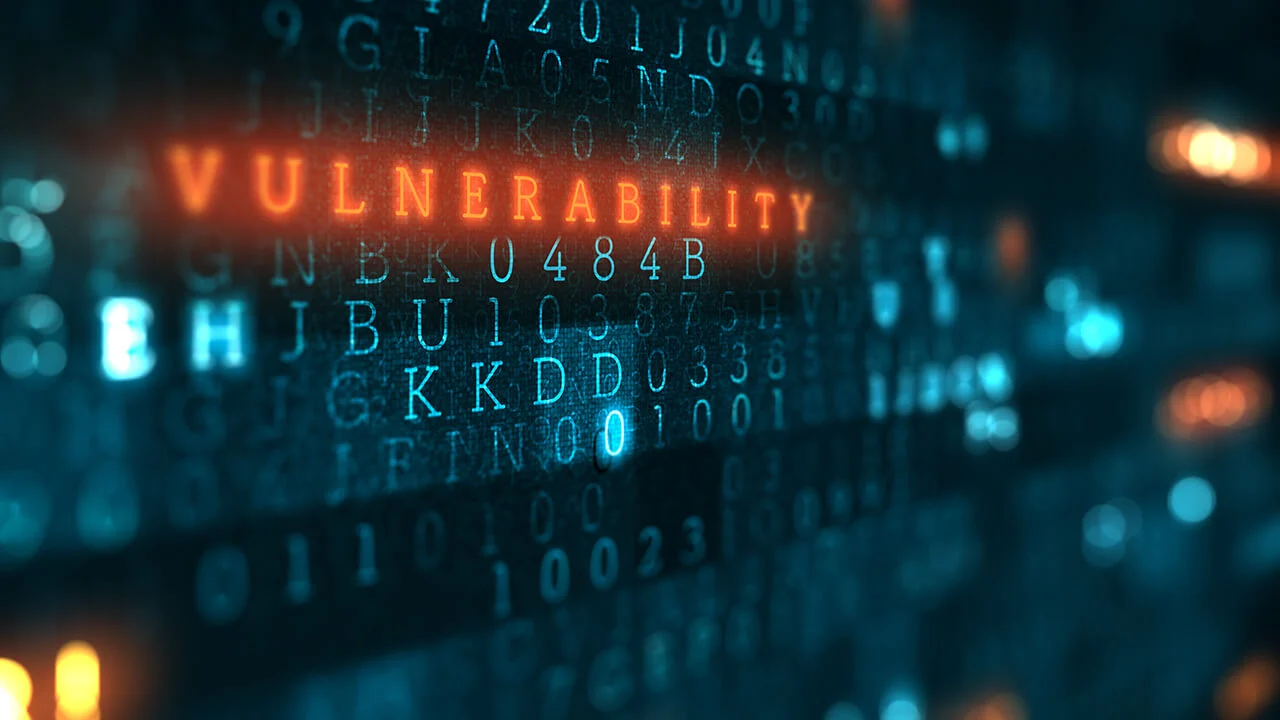IEEE 12207 Software Lifecycle Security Testing
The IEEE Standard P12207-2018, “Software Engineering: A Guide to the Software Engineering Process,” is one of the most comprehensive and widely recognized standards for software lifecycle processes. Within this standard, clause 5 specifically addresses security engineering practices within the software development lifecycle. This includes detailed guidance on how to incorporate security considerations throughout each phase of the software lifecycle.
The IEEE P12207-2018 standard is particularly relevant in sectors where cybersecurity and software integrity are critical, such as military testing. In a military context, ensuring that all software used in mission-critical systems adheres to stringent security protocols can be the difference between success and failure on the battlefield.
Our laboratory offers comprehensive IEEE 12207 Software Lifecycle Security Testing services tailored specifically for the military sector. We understand the unique challenges faced by defense organizations, including the need for robust cybersecurity measures that must withstand rigorous scrutiny from both internal and external stakeholders. Our team of experts ensures that every aspect of your software development process is thoroughly evaluated against IEEE 12207 requirements.
Our approach to IEEE P12207 testing involves several key steps:
- Initial Security Analysis: We begin by conducting a thorough analysis of the system requirements and architecture, identifying potential security risks at an early stage.
- Security Requirements Engineering: This phase focuses on translating the identified security needs into actionable requirements that can be integrated into the software development process.
- Continuous Integration Testing: Throughout the entire lifecycle of your project, our team performs continuous integration testing to ensure that all security controls are correctly implemented and maintained.
- Final Security Review: Before deployment, we conduct a comprehensive final review to verify compliance with IEEE P12207 standards and address any remaining risks or issues.
The benefits of our services extend beyond mere compliance; they also contribute to enhancing the overall security posture of your software. By adhering strictly to IEEE 12207 guidelines, you can be confident that your software will meet stringent security requirements while minimizing vulnerabilities.
| Industry Applications | Description |
|---|---|
| Military Command and Control Systems | Ensuring secure communication channels and data integrity in mission-critical systems. |
| Unmanned Aerial Vehicle (UAV) Autopilot Software | Preventing unauthorized access to UAV control systems, ensuring safe operation. |
| Nuclear Command and Control Systems | Implementing robust security measures in sensitive defense applications. |
| Missile Guidance Systems | Avoiding cyberattacks that could compromise missile targeting accuracy. |
| Use Cases and Application Examples | Description |
|---|---|
| Cybersecurity Testing for Military Simulations | Identifying vulnerabilities in simulation software to prevent unauthorized access. |
| Secure Software Updates for Weapon Systems | Evaluating the security of updates to ensure they do not introduce new risks. |
| Encryption Algorithm Validation | Verifying that encryption methods meet the required security standards. |
| Data Integrity Checks in Military Networks | Avoiding data breaches and ensuring accurate information flow within networks. |
In conclusion, our IEEE 12207 Software Lifecycle Security Testing services provide an essential layer of protection for your military software projects. By leveraging this standard's rigorous framework, you can ensure that your software is not only compliant but also resilient against modern threats.
Industry Applications
- Military Command and Control Systems
- Unmanned Aerial Vehicle (UAV) Autopilot Software
- Nuclear Command and Control Systems
- Missile Guidance Systems
In these sectors, ensuring that the software adheres to IEEE P12207 standards is crucial for maintaining security and integrity. Our testing ensures that your systems are protected against potential threats, thereby enhancing overall operational effectiveness.
International Acceptance and Recognition
The IEEE 12207 standard has been widely adopted by organizations around the world due to its comprehensive approach to software lifecycle management. It is recognized as an international benchmark for software engineering processes, including security practices. Compliance with this standard demonstrates a commitment to best practices in software development.
- ISO/IEC 12207-2008: This international standard aligns closely with IEEE P12207 and provides additional guidance on software lifecycle processes.
- CMMI (Capability Maturity Model Integration): Many companies that comply with IEEE 12207 also adhere to CMMI, which further enhances their software development capabilities.
Our laboratory ensures that all our testing methodologies are aligned with these international standards, providing you with the assurance that your projects meet global best practices.
Use Cases and Application Examples
- Cybersecurity Testing for Military Simulations
- Secure Software Updates for Weapon Systems
- Encryption Algorithm Validation
- Data Integrity Checks in Military Networks
These use cases highlight the practical application of IEEE P12207 principles. By addressing specific challenges within these areas, we help you build secure and reliable software solutions that meet both current and future threats.





